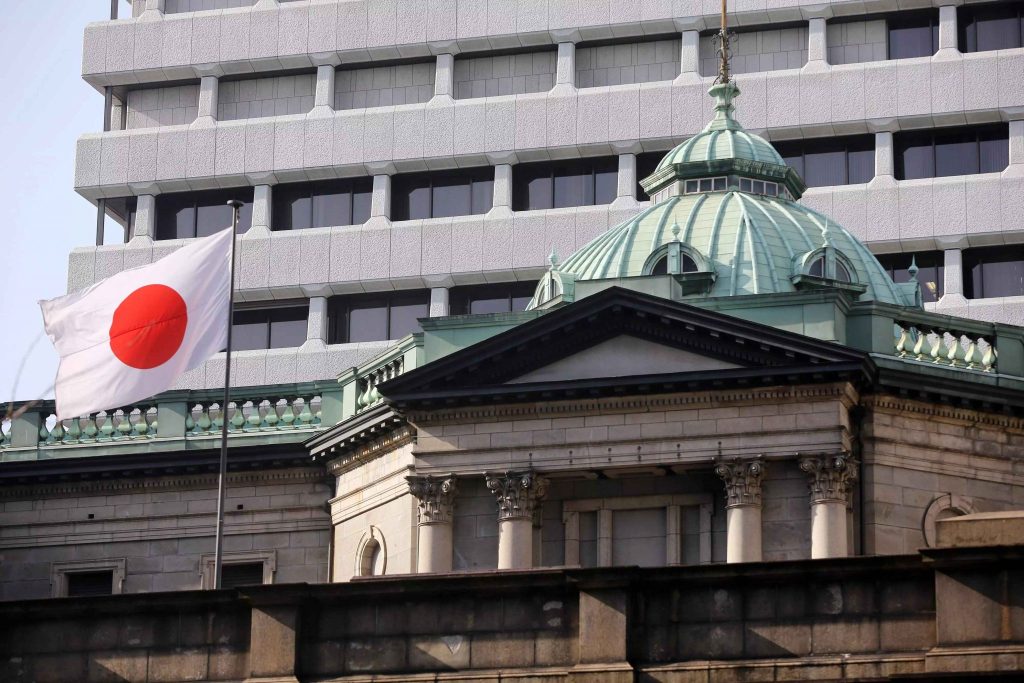Tags
Japan’s core inflation hits 3.5% in April amid surging rice prices.

May 23, 2025 (MLN): Japan’s core inflation rose to 3.5% in April, driven partly by a sharp increase in rice prices, according to government data released Friday.
The acceleration comes as the Bank of Japan weighs a possible pause in its interest rate hikes to assess the effects of new U.S. tariffs.
The core inflation rate, which excludes volatile fresh food prices, exceeded economists’ expectations of 3.4%, up from 3.2% in March and marking the highest reading since January 2023.
Meanwhile, headline inflation remained steady at 3.6% year-over-year, staying above the Bank of Japan’s 2% target for over three years.
BOJ Governor Kazuo Ueda has signaled a willingness to continue raising interest rates in line with inflation trends, while also highlighting the need to monitor the impact of U.S. trade policies.
Rice prices have doubled over the past year, with the average price of a 5-kilogram bag rising by 54 yen to 4,268 yen ($29.63) as of May 11 in 1,000 supermarkets across the country.
Prime Minister Shigeru Ishiba has vowed to bring rice prices below 4,000 yen ($28), even stating that his leadership depends on it.
Economist Masato Koike of the Sompo Institute Plus expects core inflation to ease in the coming months due to lower crude oil prices and a stronger yen.
He also noted that the reinstatement of government subsidies for electricity and gas this summer would help curb inflation further. Koike added that, as seen during Trump’s earlier presidency, a food oversupply resulting from tariffs could also help drive food prices down.
Following the inflation report, the Japanese yen strengthened 0.15% to 143.80 against the U.S. dollar, and the Nikkei 225 index rose slightly, as per CNBC.
Still, some analysts believe inflationary pressure will persist. Marcel Thieliant, head of Asia-Pacific at Capital Economics, expects the BOJ to raise interest rates again in October.
Japan is currently contending with a 10% baseline tariff from the U.S., with a 24% “reciprocal” tariff set to take effect in July unless a bilateral agreement is reached.
The country is also among the most affected by the 25% U.S. tariffs on autos, steel, and aluminum.
Negotiations with Washington remain at a stalemate, with Japanese officials urging the removal of all tariffs while cautioning against rushing into a deal that compromises national interests.
https://mettisglobal.news/japans-core-inflation-hits-3-5-in-april-amid-surging-rice-prices/Published Date: May 23, 2025






